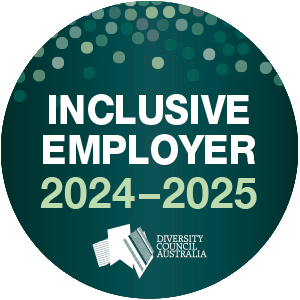2 May 2018
Brain injury worsens the impact of family violence for families and for the wider community. Death, permanent disability or temporary disability result in lost opportunities for economic and social participation, independence and quality of life. For victims, brain injury is a serious, yet often unacknowledged outcome of family violence, impacting on safety and recovery. Brain injury has also been associated with executive dysregulation, poor impulse control, and in some instances, violent behaviour. The Victorian Government’s Royal Commission into Family Violence (2016) identified brain injury as a factor that increases family violence vulnerability and the likelihood of violence. Accordingly, the Royal Commission into Family Violence recommended that the Victorian Government fund research into acquired brain injury among family violence victims and perpetrators (recommendation 171).
The resulting prevalence study was undertaken by a consortium of health, research, and family violence partners lead by Brain Injury Australia (BIA). The launch of the prevalence study was held in the Swanston Room at Melbourne Town Hall on 1 May, 2018. The event was a full-house and featured presentations from Rosie Batty, project lead Dr Suzy Goldsmith (BIA), and a discussion of the findings and the broader context of the research by an expert panel including Professor Belinda Gabbe and Dr Darshini Ayton from Monash University, Dr Jo Tully from the Forensic Paediatric Medical Service, Erin Davis from Domestic Violence Victoria, and Matt Addison from No to Violence.








